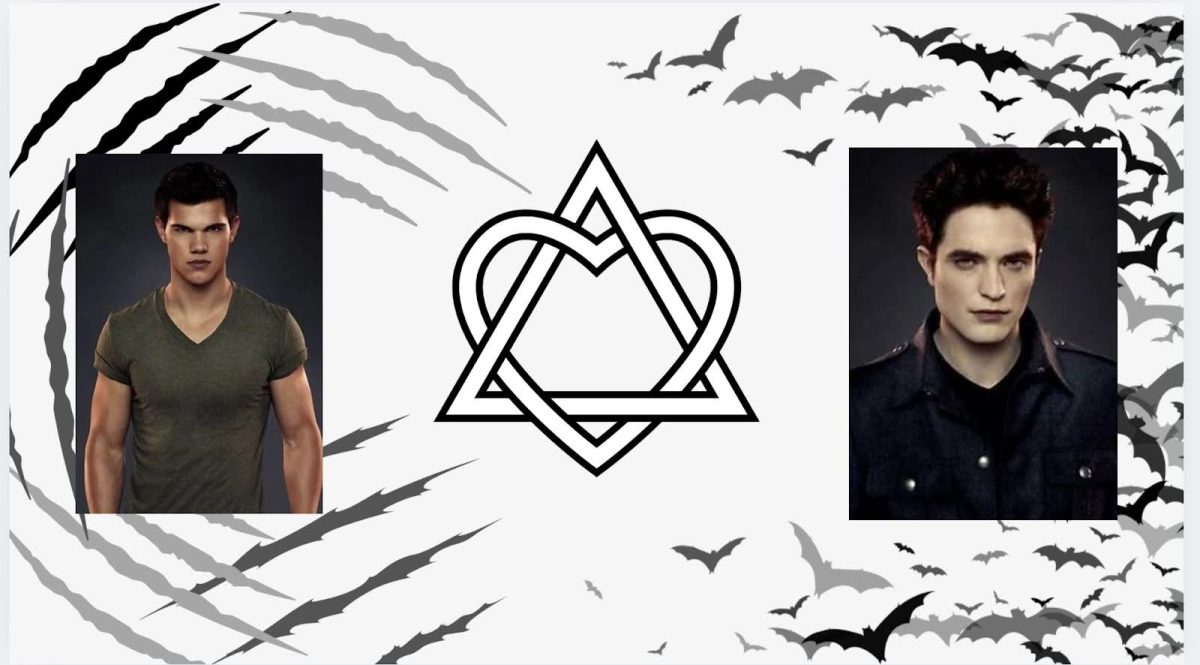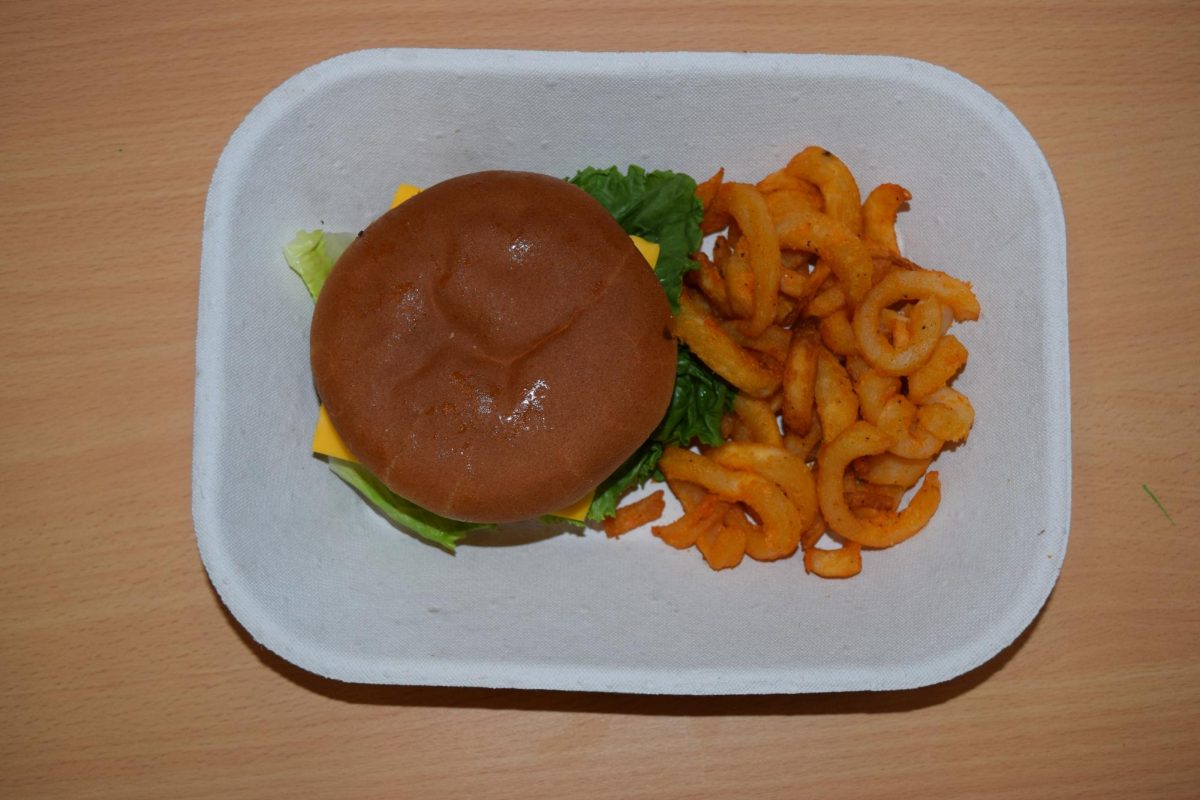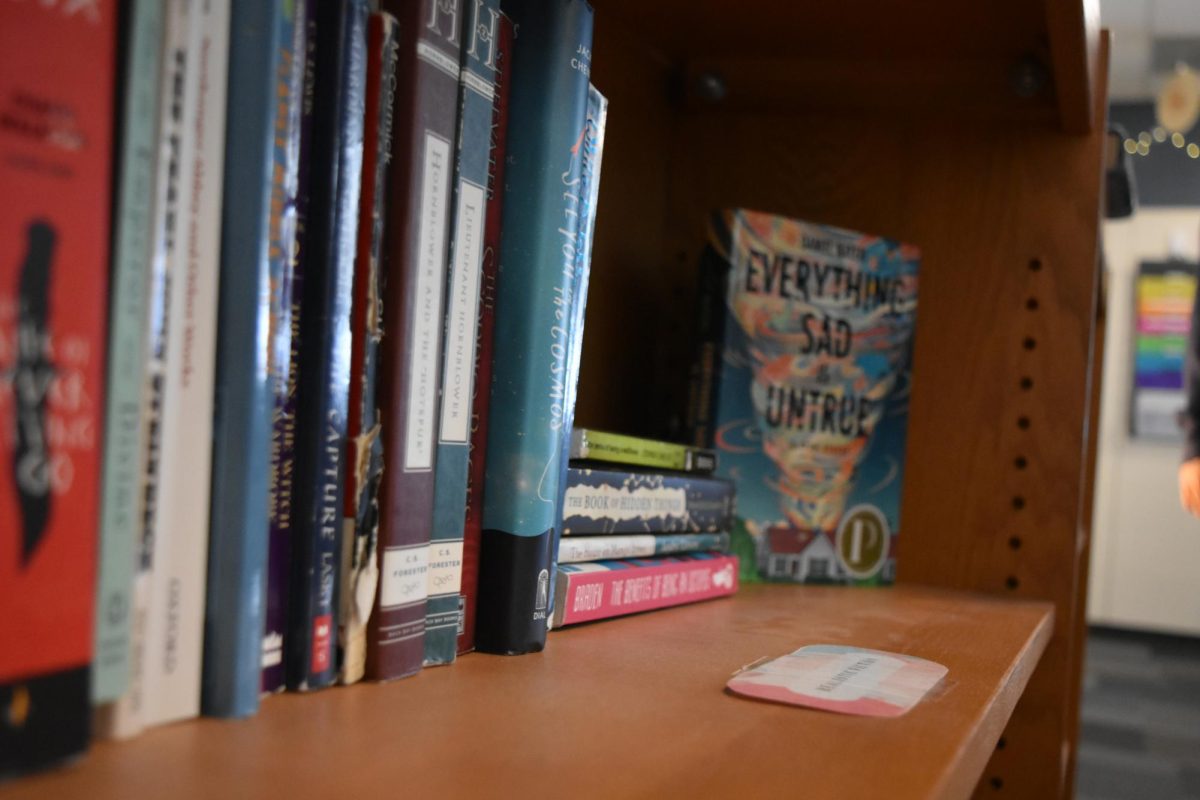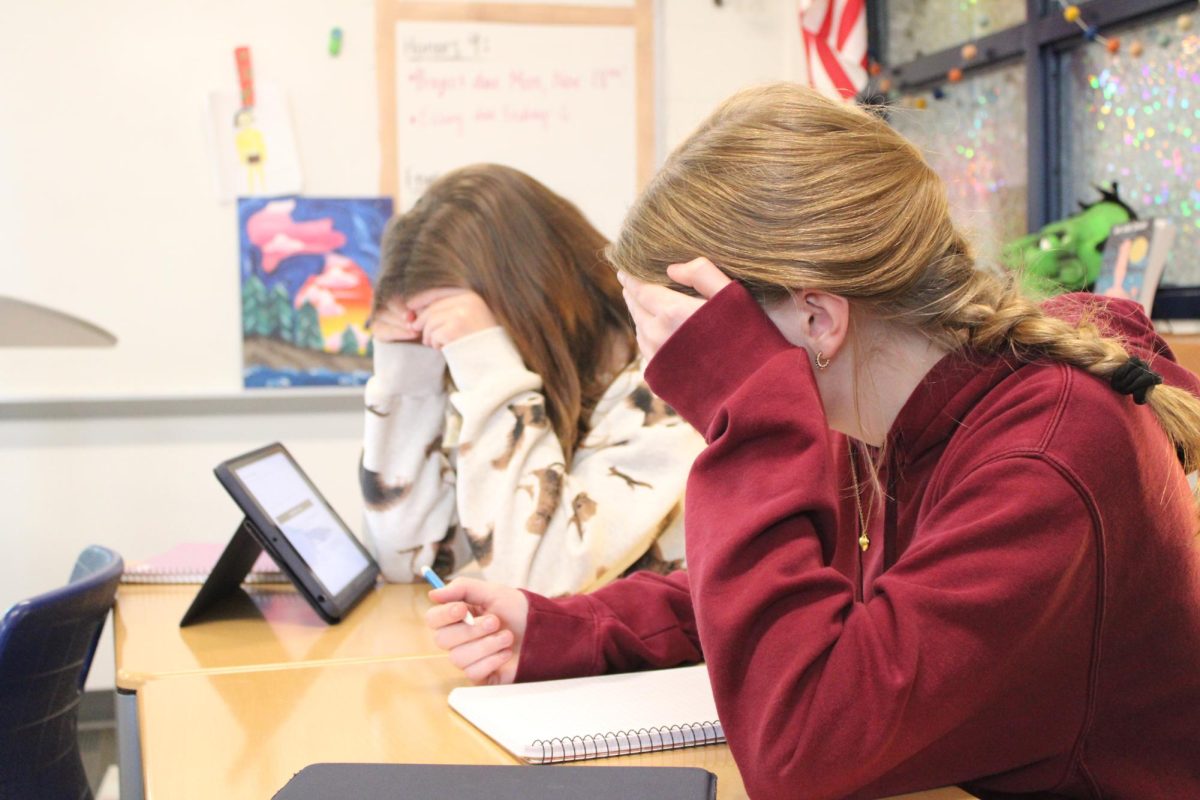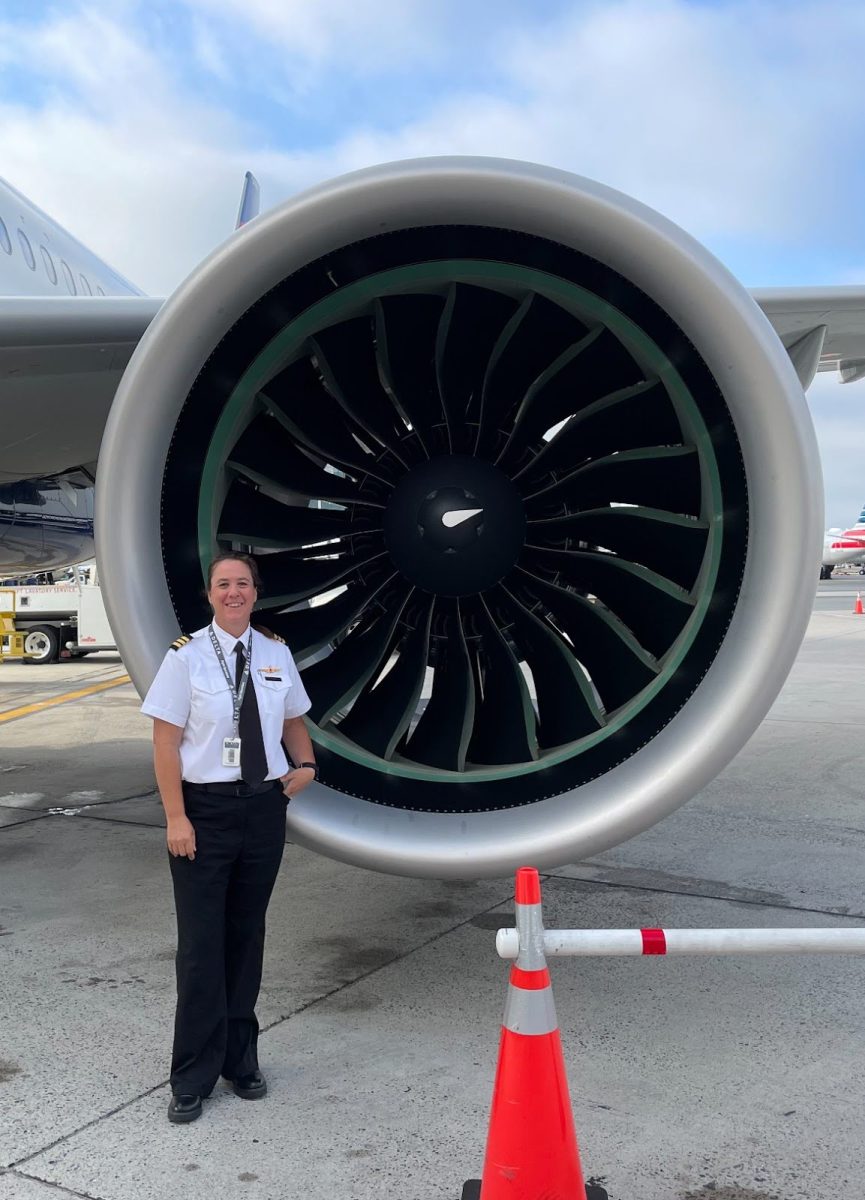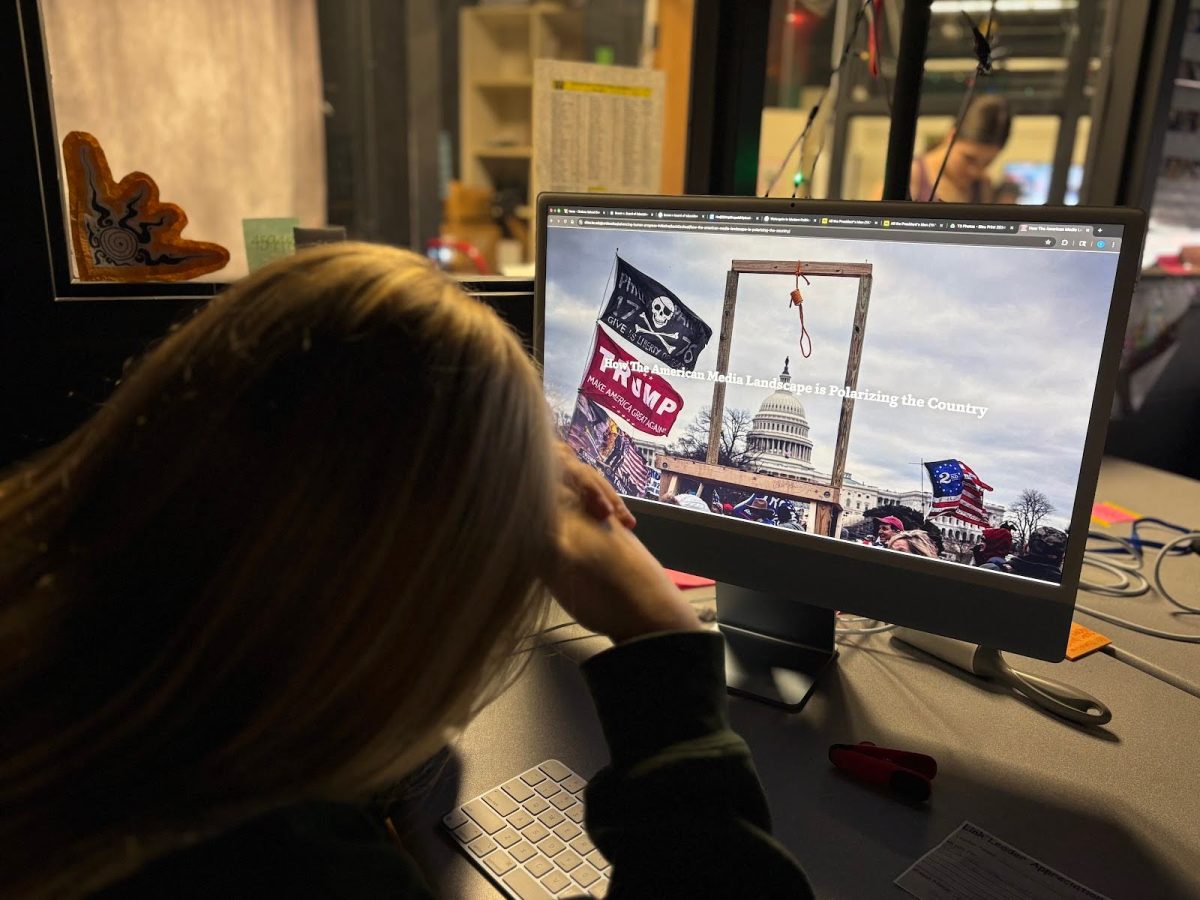Dear residents of (Your Neighborhood),
This is Ava O’Brien from Chelsea, MI writing to inform you that your neighborhood has been identified
as a problem area for invasive species. In recent years, your area has been taken over by a
multitude of invasives including glossy buckthorn, autumn olive, and others. I know how much
you rightfully take pride in the natural beauty of your residential area which is why I am writing. I
want that to be preserved.
You may be wondering, why is this such a big problem. Well, it’s a problem for many
different reasons.
First of all, all of these species grow quickly and strongly, choking almost all native species.
One article states “Invasive species compete with native organisms for limited resources and
alter habitats.” This is a huge problem, especially in your neighborhood where the native
biodiversity is the main part of the beauty that you all take so much pride in.
Second of all, since native plants are choked out by these invasives, the animals in the area
also lose food and habitat. Although you probably don’t think of it often since they have always
been there, these animals’ absence would drastically change life for people in your area.
Imagine no longer hearing the birds singing in the morning or the spring peepers chirping at
night. Imagine no longer being entertained by the chipmunks having skirmishes in your yard or
being unable to look for those cute baby bunnies that were born nearby.
Additionally, this is not only an issue for nature, but also in economics. The New York Times
states that invasives “are causing more than $423 billion in estimated losses to the global
economy.” The economy is greatly suffering due to areas such as yours.
Now you probably have a lot of questions. Questions like “what can be done?” or “can it even
make a difference?”. The truth is, if everyone pitches in a little bit you can make a big difference
with xz little to no cost.
One thing you can do is to check that the plants you buy for your yard are not invasive. It is
also one of the best ways to help by making sure the problem never happens in the first place.
Another thing you can do is to volunteer with your park to help remove the invasive species. It
is not a huge commitment and you can gain some knowledge and even enjoy yourself along the
way.
I hope this letter finds you well and inspires you to make a difference in order to help protect
your home that I know you all care so much about. I would be so grateful if any of you would
consider taking into account these ways to help out, as one person deciding to do something is
an excellent start to fixing the problem altogether.
Thank you,
Ava O’Brien

